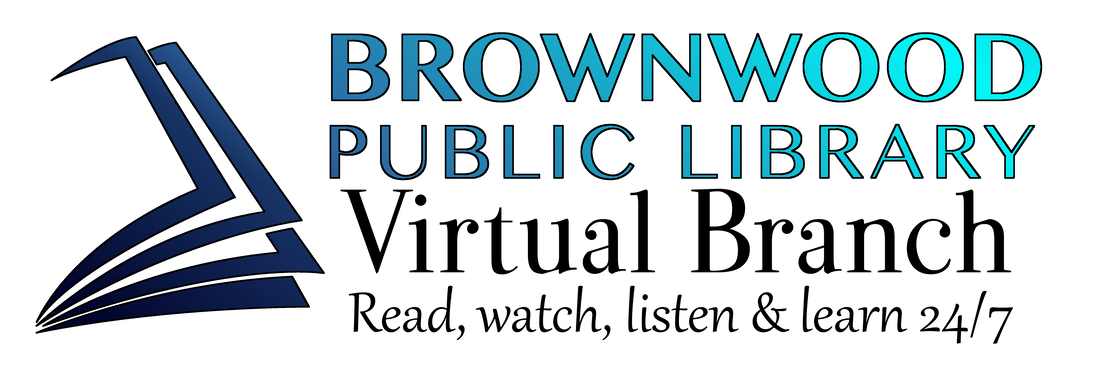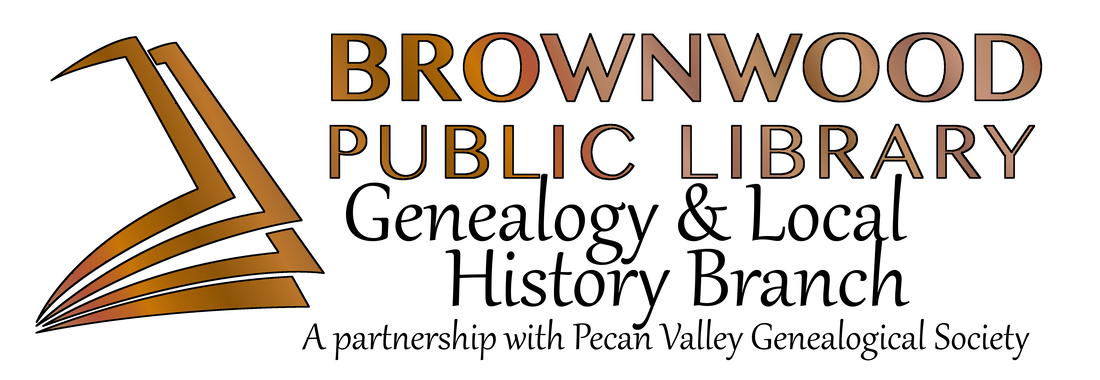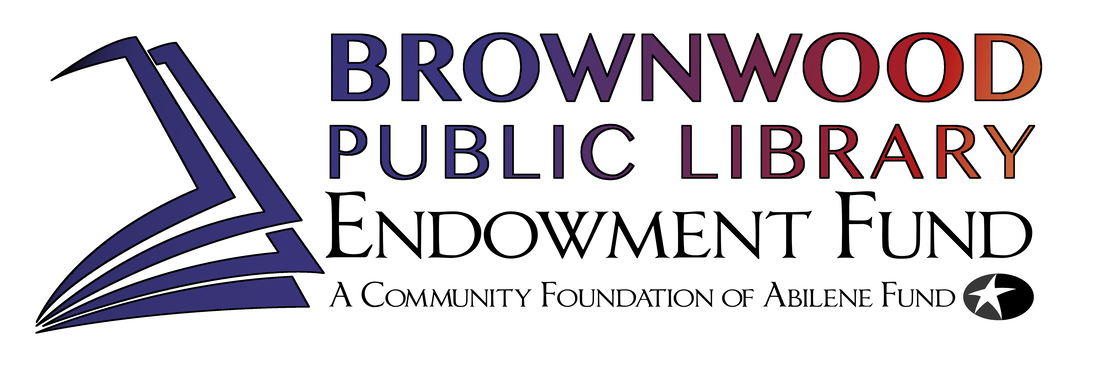Genealogy Lock-In 2018 Agenda
10:00 - 10:50 am – Don’t Forget the Ladies: A Genealogist’s Guide to Women and the Law
Judy G. Russell, JD, CG, CGL, The Legal Genealogist Live from Utah by way of NJ, hosted by Plano Public Library
In early America, women were all too often the people who just weren’t there: not in the records, not in the censuses, not on juries, not in the voting booth. The common law relegated women to “protected” – second-class – status and understanding how they were treated under the law provides clues to finding their identities today.
11:00 - 11:50 am – Discovering Your Ancestors’ Land Holdings in the Texas GLO
Kevin Klaus, Information Specialist Texas General Land Office (GLO) Archives and Records Live from West Waco Library
Learn how maps can be used in genealogical research. This will be an overview of how to use the archival maps, the GIS mapping system, and the original land grant records to find your ancestors. Learn how to use the Land Grant Database and search strategies to locate the survey in a particular county. Lecture will include a case study using the original GLO maps, GIS mapping system, and county records in determining the location of the heinous 1872 murder of Benjamin McKeever in Burnet County Texas.
Noon - 1:30 pm – Genealogy Basics: Getting Started on Your Family Tree
Carl Smith, Genealogy Librarian – Montgomery County Memorial Library System Live from Central Library (Conroe)
Budding researchers will learn the basics they need to get started researching their family tree. We’ll cover the first steps to take to begin your research, starting with home sources. We’ll also cover the types of records that are useful for genealogical research and where they can be found. We’ll also cover ways to stay organized by utilizing paper charts and forms or computer software.
1:40 - 2:40 pm – Organizing and Preserving Photograph Collections
Ari Wilkins, Library Associate at Dallas Public Library Live from Denton Public Library, hosted by Denton
We all have mounds of old unidentified family photos sitting in boxes. This lecture will offer step-by-step direction in organizing, preserving and cataloging these precious collections for future generations. Learn how to identify, digitize and share collections using family trees and social media.
2:50 - 3:50 pm – Locating Ancestors on the Dawes Roll
Kathy Huber, Manager, Genealogy Center, Tulsa City County Library Live from West Waco Library
The Dawes Roll, created between 1898-1906 enrolled members of the Five Civilized Tribes living in Indian Territory. Learn why the roll was taken, how the process worked, and the steps to locating an ancestor who enrolled.
4:00 - 5:15 pm – Using Autosomal DNA Testing to Solve Genealogy Brick Walls
Drew Smith, Assistant Librarian, Academic Services, USF Tampa Library, co-host Genealogy Guys Podcast
Live from Florida, hosted by Waco
Examine several case studies that will demonstrate how autosomal DNA testing can be used to solve genealogy brick walls. Examples will focus on AncestryDNA, but may also include other testing companies and services.
5:15-6:15 pm Dinner Break
6:15 - 7:15 pm – Breaking Brick Walls by Finding Living Cousins
Shelby Rowan, Family Historian, President of Texas Research Ramblers Genealogical Society in Bryan/College Station Live from West Waco Library, hosted by Waco
Perhaps a second or third or even a fourth cousin might have some information about your mutual great or great-grandparents that just might break one of your brick walls. This presentation focuses on finding those living relatives. Shelby will walk you through some internet steps and send you home with website addresses for follow-up research.
7:25 - 8:30 pm – Census Sense: Clues & Conundrums for Intermediate Researchers
Patti Gillespie, B.A., M.S., Owner, Family Lines & Stories Live from Arlington Public Library, hosted by Arlington
This presentation focuses on federal census headings and codes, alternate federal censuses, state censuses, and their use in our research. The partnership between the national census website and the use of state censuses in revealing information about our ancestors is demonstrated. The value of a research timeline is also demonstrated.
Judy G. Russell, JD, CG, CGL, The Legal Genealogist Live from Utah by way of NJ, hosted by Plano Public Library
In early America, women were all too often the people who just weren’t there: not in the records, not in the censuses, not on juries, not in the voting booth. The common law relegated women to “protected” – second-class – status and understanding how they were treated under the law provides clues to finding their identities today.
11:00 - 11:50 am – Discovering Your Ancestors’ Land Holdings in the Texas GLO
Kevin Klaus, Information Specialist Texas General Land Office (GLO) Archives and Records Live from West Waco Library
Learn how maps can be used in genealogical research. This will be an overview of how to use the archival maps, the GIS mapping system, and the original land grant records to find your ancestors. Learn how to use the Land Grant Database and search strategies to locate the survey in a particular county. Lecture will include a case study using the original GLO maps, GIS mapping system, and county records in determining the location of the heinous 1872 murder of Benjamin McKeever in Burnet County Texas.
Noon - 1:30 pm – Genealogy Basics: Getting Started on Your Family Tree
Carl Smith, Genealogy Librarian – Montgomery County Memorial Library System Live from Central Library (Conroe)
Budding researchers will learn the basics they need to get started researching their family tree. We’ll cover the first steps to take to begin your research, starting with home sources. We’ll also cover the types of records that are useful for genealogical research and where they can be found. We’ll also cover ways to stay organized by utilizing paper charts and forms or computer software.
1:40 - 2:40 pm – Organizing and Preserving Photograph Collections
Ari Wilkins, Library Associate at Dallas Public Library Live from Denton Public Library, hosted by Denton
We all have mounds of old unidentified family photos sitting in boxes. This lecture will offer step-by-step direction in organizing, preserving and cataloging these precious collections for future generations. Learn how to identify, digitize and share collections using family trees and social media.
2:50 - 3:50 pm – Locating Ancestors on the Dawes Roll
Kathy Huber, Manager, Genealogy Center, Tulsa City County Library Live from West Waco Library
The Dawes Roll, created between 1898-1906 enrolled members of the Five Civilized Tribes living in Indian Territory. Learn why the roll was taken, how the process worked, and the steps to locating an ancestor who enrolled.
4:00 - 5:15 pm – Using Autosomal DNA Testing to Solve Genealogy Brick Walls
Drew Smith, Assistant Librarian, Academic Services, USF Tampa Library, co-host Genealogy Guys Podcast
Live from Florida, hosted by Waco
Examine several case studies that will demonstrate how autosomal DNA testing can be used to solve genealogy brick walls. Examples will focus on AncestryDNA, but may also include other testing companies and services.
5:15-6:15 pm Dinner Break
6:15 - 7:15 pm – Breaking Brick Walls by Finding Living Cousins
Shelby Rowan, Family Historian, President of Texas Research Ramblers Genealogical Society in Bryan/College Station Live from West Waco Library, hosted by Waco
Perhaps a second or third or even a fourth cousin might have some information about your mutual great or great-grandparents that just might break one of your brick walls. This presentation focuses on finding those living relatives. Shelby will walk you through some internet steps and send you home with website addresses for follow-up research.
7:25 - 8:30 pm – Census Sense: Clues & Conundrums for Intermediate Researchers
Patti Gillespie, B.A., M.S., Owner, Family Lines & Stories Live from Arlington Public Library, hosted by Arlington
This presentation focuses on federal census headings and codes, alternate federal censuses, state censuses, and their use in our research. The partnership between the national census website and the use of state censuses in revealing information about our ancestors is demonstrated. The value of a research timeline is also demonstrated.




